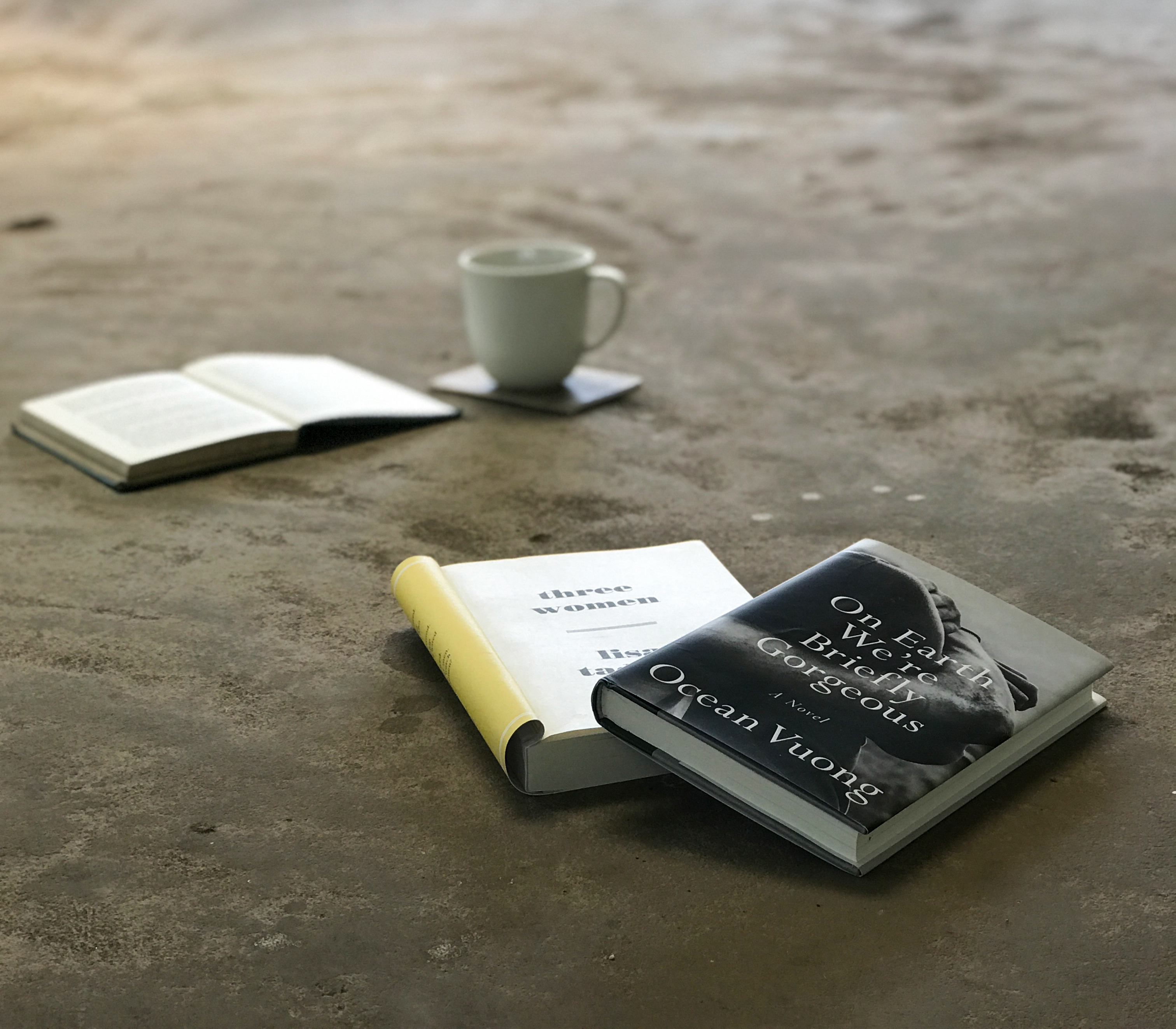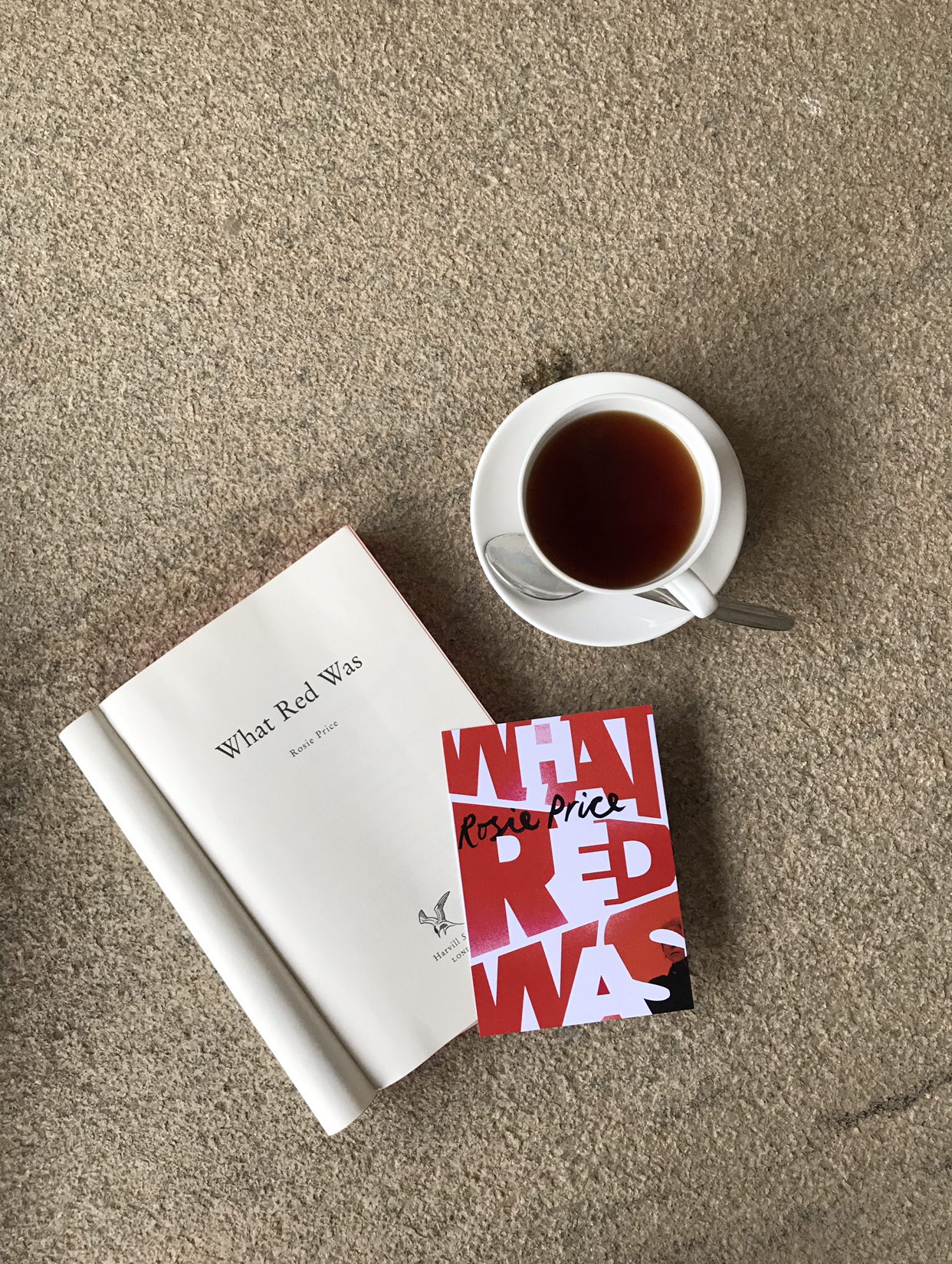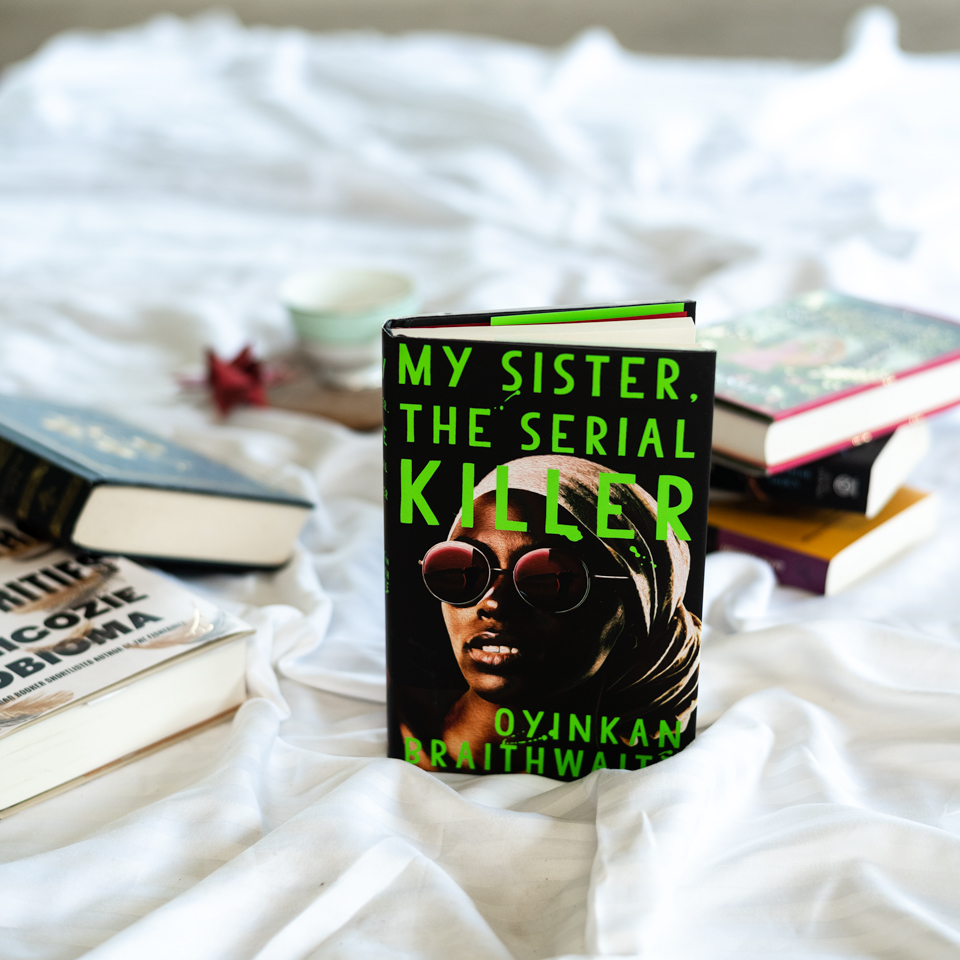Reader. Dreamer. Writer.
I have been spending a lot of time with my family this year—there’s good and bad that comes out this arrangement—and I wonder if it has anything to do with the fact that families in debuts have been closer to my heart this year. Families of varied sizes and kinds—big, small, suffocating, accusatory, we’ve-got-your-back, partial-to-favourites—feature in novels in 2019. My favourite among this lot is the D’Cunhas of Bombay Balchão by Jane Borges. Set in an apartment building in Cavel, a Catholic majority town in South Bombay, there’s much to laugh about, giggle and assimilate in this novel. On one hand I was splitting my sides laughing about tantriks in Bollywood-style garb preparing for exorcism, water battles in Mumbai apartments (Oh, if your heart lies in Mumbai, you’ll know exactly how worked up I got in that chapter), giving away to the temptation of meat and sex during Lent, the eloping bride who becomes a clairvoyant widow and so much more. I lived and breathed Mumbai in this novel, gulped down bits of history—seven decades of it, no less—and found myself mapping places and landmarks in the novel and history to my own days roaming around the city. It is a crackling, hilarious romp—read it.

Avni Doshi’s mother-daughter duo in Girl in White Cotton is more relatable. Ever thought you don’t want to be the bad bits of your mother and then you open your mouth and your mom comes out? This one’s for you. Tara and Antara do not get along well but when the mother shows signs of dementia, the daughter has to be caretaker. Roles reverse. Old bitterness lurches forward and stifles the atmosphere. It is about the otherness of self, being mirror to the person you did not wish to emulate, being lonely in a crowd, the freedom and sympathy that loss of memory brings along with it and many secrets. If you loved Pinto’s Em and the Big Hoom (read review), you’ll adore Girl in White Cotton. My copy is liberally annotated and that is living proof about how good the book was.

Another mother-child duo that stayed close to my heart is the one in On Earth We’re Briefly Gorgeous by Ocean Vuong. What a treat! It was poetry in prose form. Some might argue that the heavier themes of war, being on the run, and then starting a new life will not have as deep an impact because of the lyrical (sometimes overly lyrical, I agree) language. The book unfolds as letters from a son to his mother—“I am writing you from inside a body that used to be yours. Which is to say, I am writing as a son.” There’s the consequences of the Vietnam war, a single mother’s struggle and a queer love story ingrained in the book. There’s loneliness as well as a grapple to understand another person. If you have a thing for poetry, this is a wonderful novel to indulge in. The only thing in my mind when I finished the book was to read more of Vuong’s poetry (specifically Night Sky, with Exit Wounds; See some beautiful quotes).

Moving onto a more dark, deadpan noir set in Lagos, My Sister, the Serial Killer by Oyinkan Braithwaite. This was so unlike other novels and snatched a place in many prize lists (Women’s Prize shortlist. Booker prize longlist) of the year too. The flirtatious, beautiful Ayoola has a penchant for stabbing her boyfriends and her sister, Korede, is always available, a phone call away, to clean up her mess (that also includes stopping her from social media updates). I read this early in January in a hotel room and gifted my copy to a dear friend too. It was in the same hotel that I began reading Rosie Price’s What Red Was. I was in a hangover after Sally Rooney’s Normal People (I bet this Twitter thread will convince you to pick up Rooney if you haven’t already) and Rosie Price saved me. I was immediately drawn to the camaraderie between Kate and the wealthy Max and the intrusion of the rich Rippon family into their lives. There is assault, written in a triggering fashion, and the plot does go all-over-the-place midway. But Price is a gifted writer and I am looking forward to reading more from her. I loved reading these very different books one after the other—the realistic case of women who have to deal with trauma and the glittering, witty account of murders and evidence-erasure.

Talking about serial killers, I immensely enjoyed Samantha Downing’s My Lovely Wife which features a suburban middle-class family where the parents happen to be serial killers; yes there are two kids but they don’t know! Serial killers seem to be sabotaging all the limelight in 2019. I ended 2018 watching the maniacal and nail biting, nightmarish YOU in which Penn Badgley does a spectacular job at being a psycho. I ended 2019 with Season 2 of YOU which was, again, so good and I love the fact that Badgley did not, even once, romanticize or glorify his character, Joe Goldberg. Bollywood can take a lesson from here with the pro-Kabir Singh chants. So anyway, My Lovely Wife is twisty, suspenseful, the kind you want to open on a Friday night and read until early morning. There is double crossing, parents trying to keep up with the façade of being ordinary without bringing attention to their tempting hobbies, children being curious, and a few murders. I leave no spoilers here. But I might’ve predicted some connections between this book and the TV show. My lips are sealed. And it is all in my head, not on page or screen. Watch and read, because both are excellent.
One of my all-time favourite couple of the year are the darlings in The Flatshare by Beth o’Leary. This is a rom com in book form. Tiffy and Leon share a one-bedroom apartment, the catch being that they’ve never met one another. Leon works nights and Tiffy has a day job as an editor (She is a DIY fashionista too). You’ll find yourself anxiously hoping they run into one another, and fall in love and live happily ever after—I’ll wait for you to find out how. Red, White and Royal Blue by Casey McQuiston was so much fun! A royal romance with the British prince falling in love with the son of the President of the United States. There’s Snapchat flirting, 2 am calls, Non-disclosure agreements and a cutesy romance. I listened to it on audio and I recommend the same.

My ninth recommendation among the debuts of 2019 is The Silent Patient by Alex Michaelides. A famous painter-wife married to a fashion photographer-husband. They were happy, supposedly. They live in a big house and lead a dream life. One day the wife shoots her husband in the face five times and does not utter a word again. Theo, a criminal psychotherapist, tries to unravel this mystery. This psychological thriller gets into your head, seethes into your nails and engulfs you. I loved it! I loved how the narration changes tone, the bubbling possibilities that kept popping up in my head. It is a slow novel, slow but burns you right through. Highly recommended.
I read many debuts this year but I think these really stood out for me. 2018 was the year of stellar debuts though; 2019 did not come close enough to that splendor. I regret I could not find time to squeeze in The Old Drift by Namwali Serpell that has got raving reviews—the size of the doorstopper made me procrastinate. I am intrigued by the blurb of The Doll Factory by Elizabeth MacNeal—twins who make dolls, a painter and a man who makes stuffed toys out of carcasses—but I could not fit it in my reading this year. I did spend a long time admiring MacNeal’s pottery, however. Cheers to a new year of debuts!
The shiniest debuts of 2019—serial killers, family stories and cutesy couples Share on XYOU MIGHT ALSO ENJOY
Favourite Books of 2019 (Part 1)
11 Books on Obsessions, Drama and Scams
In defense of fun books in your reading list and what makes them guilty pleasures









